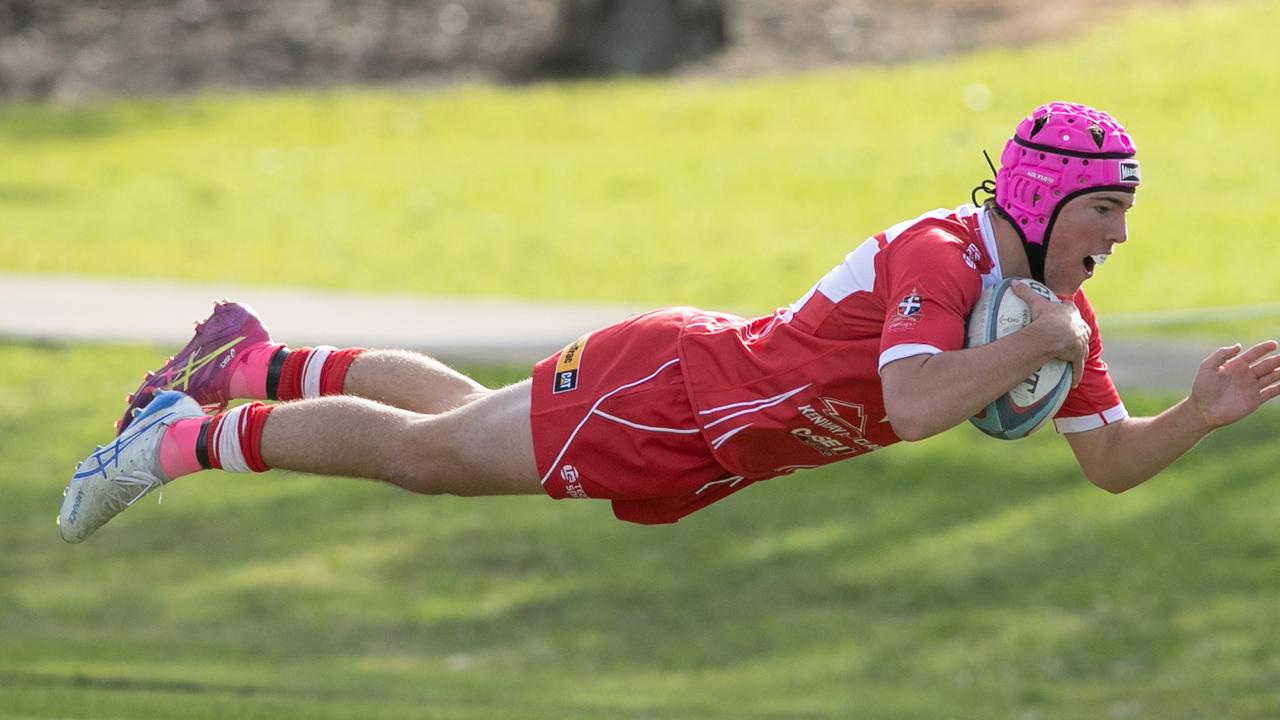Northern Beaches Council rates drop for 76 per cent of ratepayers
About three-quarters of ratepayers on the northern beaches will get a pleasant surprise when they open their rates notices this year. Find out who the winners and losers are.
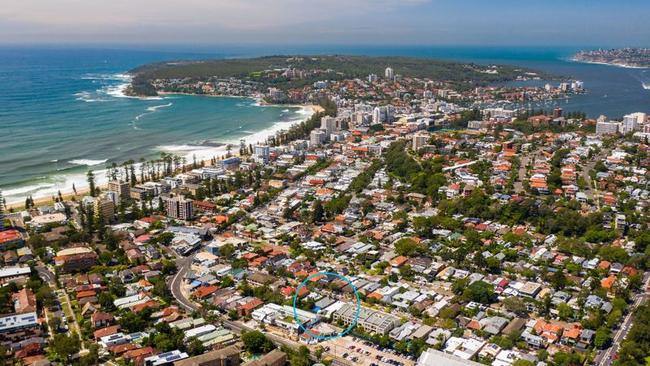
Manly
Don't miss out on the headlines from Manly. Followed categories will be added to My News.
The vast majority of northern beaches ratepayers will see a drop in their rates while spending on public works like roads, footpaths and playgrounds will reach record levels, according to the council’s $473 million budget for the next 12 months.
Even though the council will collect a total of 2 per cent increase in rates across the board, about 76 per cent of residential property owners will actually pay less than they did last year due to the rates “harmonisation” process.
After the council voted to pass the budget at its Tuesday night meeting, the average annual rates bill across the local government area will be $1525. The minimum rate will be $987.30.
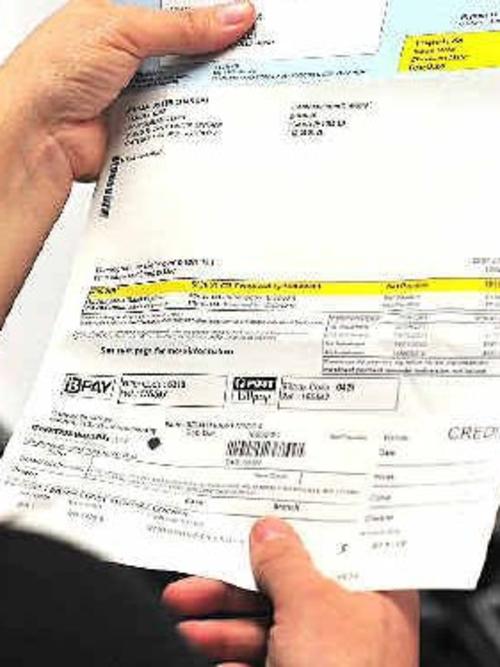
But ratepayer in the former Manly Council area will be paying more after the council voted earlier this year to adopt rates harmonisation — a NSW Government initiative designed to create a fairer way to levy rates across the amalgamated council area — from July 1.
The system means ratepayers with the same land value pay the same rates for the same level of council services and infrastructure. Prior to harmonisation rates were still being charged three different ways with the former Warringah Council area contributing a higher income percentage as a proportion of land values, followed by the former Pittwater Council area and then the former Manly Council area.
The new system means some homeowners in the former Manly Council will pay about 20pc extra, about $300, on average, extra a year than they used to.
Business rates will go up more than 40pc in the Manly area and by about 25pc in the former Pittwater Council area.
But some ratepayers, in the old Warringah and Pittwater local government areas, will end up paying less.
The council has also harmonised its Stormwater Management Service Charge, which was previously only paid by former Manly and Pittwater council residents. Households will have to pay $25.
The standard domestic waste charge, for emptying the bins, will be $466.00, $20 increase, while the most generous pension concession arrangements, used by the former Warringah area, will also be introduced for all ratepayers.
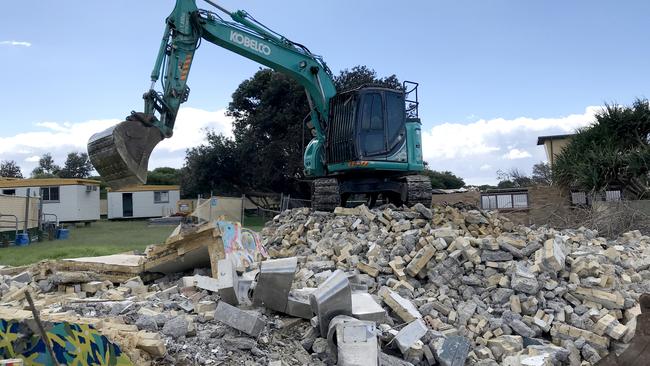
Independent councillor Vincent De Luca said the budget imposed unnecessary rate increases on ratepayers, while Liberal councillor Rory Amon said the amount of rates collected since amalgamation had risen by about 20 per cent
The 2pc rate increase will drag in an extra $3.5 million in the next financial year “to ensure the council can sustain existing service levels and maintain assets”.
Mayor Michael Regan said due the council was deliver a $473 million balanced budget with a strong focus on new and improved community infrastructure despite a decline in revenue caused by COVID.
It will spend $125 million on capital works.
Mr Regan described as “good news” that 76 per cent of Northern Beaches residents will see a reduction in their rates next financial year.
“Even after the NSW Government compelled amalgamated councils to ‘harmonise’ their rates, Northern Beaches was able to reduce its rates for the majority of ratepayers.”
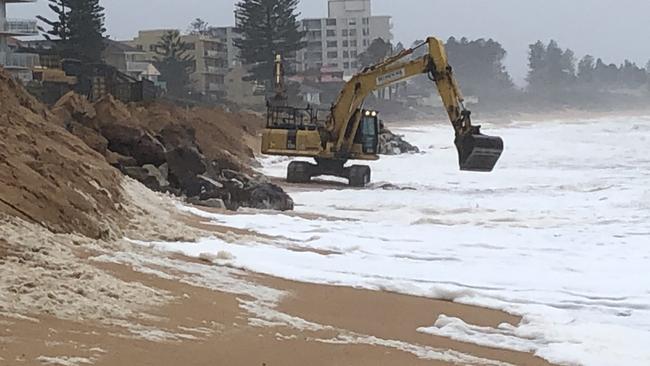
Budget infrastructure highlights:
$10.6m: resurface 13km roads, renew 2km & build 6km new footpaths
$5.7m: cycleways
$16.1m: new surf club buildings at Mona Vale and Long Reef, and upgrades to others
$9.6m: stormwater works to reduce flooding and pollution
$7.8m: improving pedestrian safety in school zones
$8.6m: start Warriewood Valley community centre
$2.9m: open space and transport in Warriewood Valley
$1.5m: improving the Coast Walk trail, plus $1.3m on public art on the trail
$3.2m: wharves at Mackerel and Currawong beaches, and design for Church Point wharf
$2.6m: Church Point and surrounding infrastructure
$2.8m: coastal protection at Collaroy-Narrabeen
$2.8m: protecting other foreshores and related structures
$2.5m: improving commercial centres at Forestville, Church Point, Dee Why, West Esplanade
$2.1m: public amenities at Shelly Beach, Little Manly Point, Forestville Town Centre and Porters Reserve
$2.2m: upgrade to Duffys Forest RFS Station, Marine Rescue Broken Bay and other emergency buildings
$1.9m: improving sports fields
$1.7m: on playgrounds at Clontarf Reserve, Little Manly Point, Griffith Park Collaroy, Jacka Park Freshwater and planning for Trafalgar Park Newport
$1.9m: improving sports fields
$0.8m: improving Paradise Beach and other tidal and rockpools
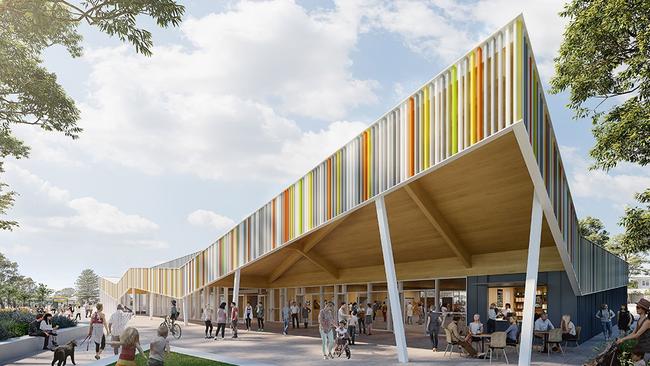
EARLIER
Council passes rate changes: What it means for you
On March 24
The council has voted to bring in what it described as a “more equitable rating system” across the northern beaches. Find out what it means for you.
The council has voted to bring in what it described as a “more equitable rating system” across the northern beaches.
As a result of the decision at Tuesday night’s meeting, so-called “rates harmonisation” will be introduced on July 1.
It is a NSW Government requirement that all amalgamated councils must “harmonise” rates by the beginning of next financial year so they are more evenly and fairly distributed across local government areas.
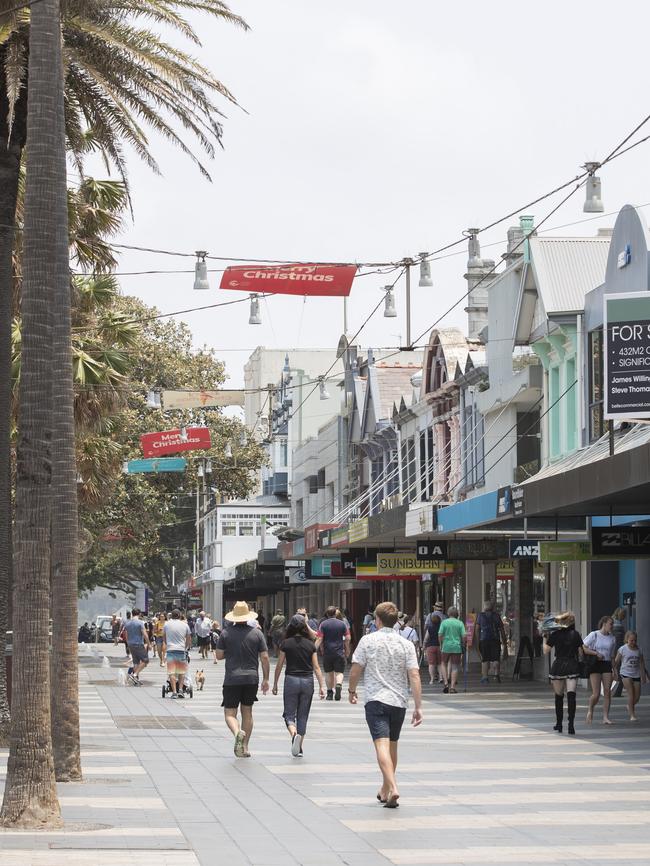
The system was designed so that ratepayers with the same land value pay the same rates for the same level of council services and infrastructure.
At present, rates are still being charged three different ways with the former Warringah
Council area contributing a higher income percentage as a proportion of land values, followed by the former Pittwater Council area and then the former Manly Council area.
The new system could see some homeowners in the former Manly Council areas paying more than $300, on average, extra a year than they used to.
But some ratepayers, in the old Warringah and Pittwater local government areas, will end up paying less.
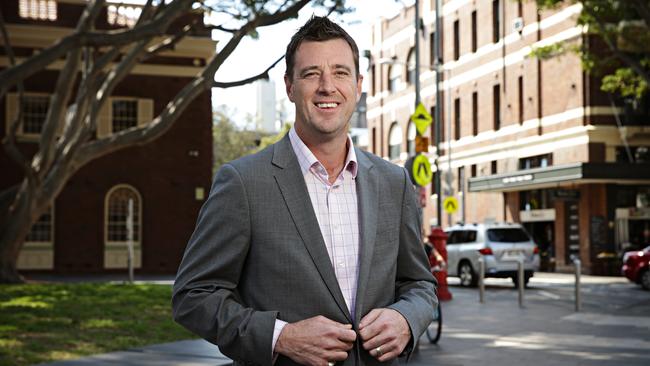
People living in the former Manly Council area could see average annual rates jump from about $1397 to $1703.
But it was pointed out at the meeting that Manly residential rates and charges have actually dropped substantially since the amalgamation due to waste charges being harmonised across the council area.
Those with private property in the former Warringah council area could have average rates chopped by about $84 a year.
While ratepayers in the former Pittwater local government area could save about $37.
At the meeting the council also endorsed the harmonisation of the Stormwater Management Service Charge, which was previously only paid by former Manly and Pittwater council residents.
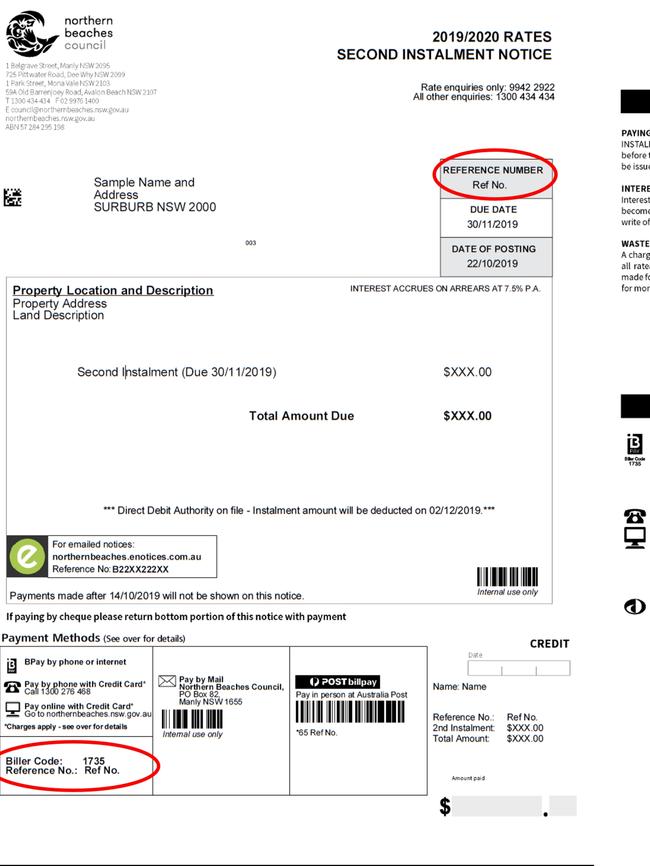
The most generous pension concession arrangements, used by the former Warringah area, will also be introduced for all ratepayers.
Mayor Michael Regan said that the council can now finalise its draft budget and delivery program and would ask the community to have their say on the budget in May.
Mr Regan also acknowledged that the harmonisation vote was a challenging decision for the council.
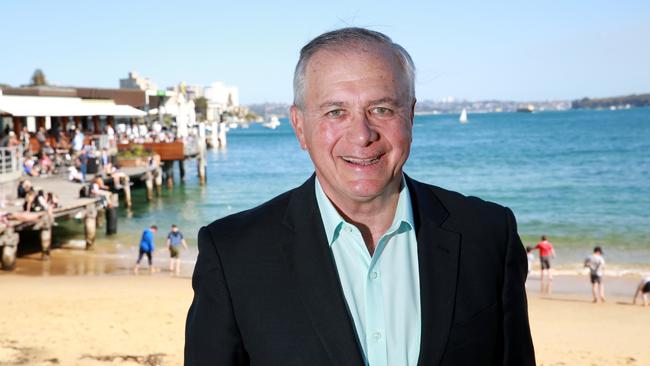
“We understand the principle of fairness and equity that needs to be applied across the whole council area now we have been one council for almost five years.
“However that hasn’t made this decision any easier. It’s hard to endorse an increase for one ratepayer but equally difficult to deny the decrease to another who has been paying more than others for years.
“Ultimately, we should all be paying the same for the same council services.”
Rates for business premised would also be harmonised with Manly businesses ending up paying more than they do now.
To make the transition easier for rate payers, the council had advocated for the introduction of a gradual harmonisation process, which would ensure a 10 per cent cap on rates increases per year.
But Mr Regan said feedback from the community showed it was divided on the gradual introduction of the new rates system.
“Many ratepayers disagreed with gradual harmonisation as it denied them their rate reduction for too long – especially when they have been paying higher rates since amalgamation.”
At Tuesday’s meeting Manly ward councillor Sarah Grattan pushed for the harmonised rates to be introduced over four years to prevent “bill shock” for Manly ratepayers. Ms Grattan also asked that savings be made in “operational budgets”.
“The clear feedback from the community on rates harmonisation is that we pay to much.”
Deputy mayor Candy Bingham said, that as a Manly Ward councillor, she felt like she was “stuck between a rock and a hard place”.
“Fifty per cent (of ratepayers) who live in Warringah and other areas obviously want this to be implemented immediately so they can have savings. And of course, those in the Manly area don't want it done immediately because the hit is very hard.”
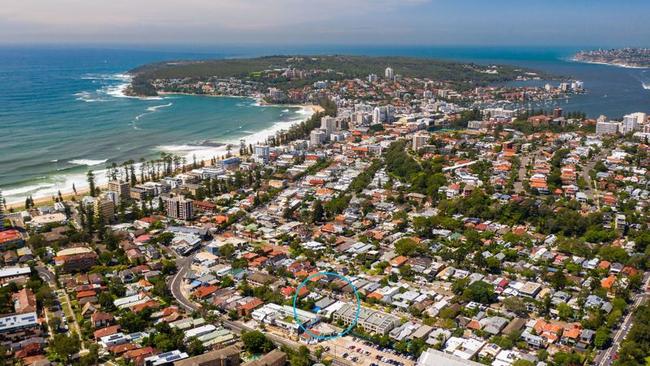
EARLIER:
Rates changes: The winners and losers
On December 16, 2020
Ratepayers in Manly will be the biggest losers in a new rates scheme being gazetted by the council as more “fair” approach across former Warringah, Pittwater and Manly areas.
Rates harmonisation is a requirement by the NSW Government for amalgamated councils and is set to come into effect by July 1, 2021.
As a result, the council has proposed rates based on property valuations and ensures that those with the same land value within the same category or subcategory, pay for the same level of service by the council.
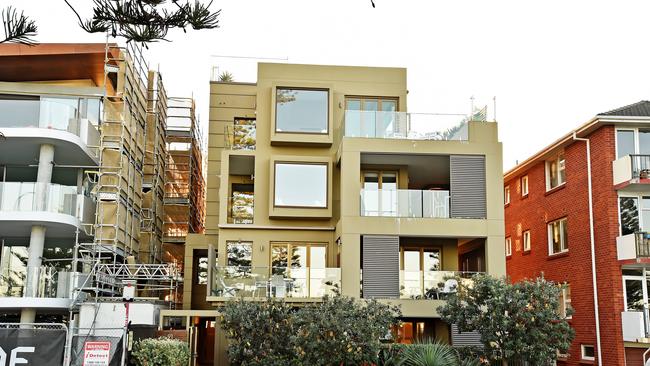
The proposal will go on public exhibition from December and a final decision will be made on the matter in February.
As it stands Warringah residents are contributing a higher income percentage as a proportion of land values, followed by Pittwater residents and the Manly rate payers contributing the least.
Warringah represents 50 per cent of rate payers on the northern beaches, while Manly only contributes to 17 per cent of residential rates income.
If the proposed rates structure is adopted it means Manly residents will be forced to pay significantly higher rates, while Warringah and Pittwater residents will reap the benefits.
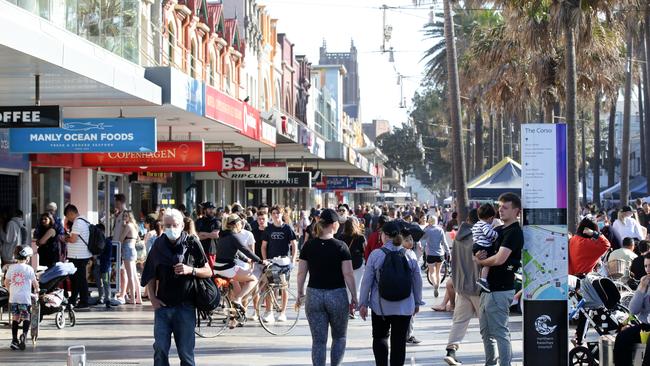
The council explored four scenarios and settled with scenario four, resulting in a $107 increase in minimum rates for Manly residents, a $36 increase for Pittwater residents and a $56 decrease for Warringah residents.
It will also mean a 26 per cent increase for ad valorem (an amount of cents charged for every $1 of land value) rate payers in Manly, a three per cent decrease in Pittwater and a six per cent decrease for Warringah.
Similarly Manly businesses would have a $137 increase in minimum rates, Pittwater a $70 increase, and Warringah a $53 decrease.
Meanwhile, the ad valorem rate for businesses would increase by 42 per cent for Manly, 24 per cent for Pittwater and decrease by 10 per cent for Warringah.
Overall this scenario will result in a rate reduction for 76 per cent of residential and 62 per cent of business ratepayers.
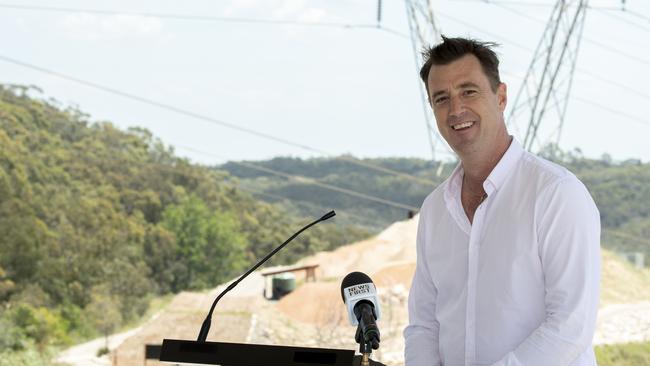
The waste management charges have already been gradually harmonised and both the former Pittwater and Manly ratepayers have seen significant reductions.
Mayor Michael Regan said while there will be “unavoidable impacts for some ratepayers”, increases have been offset by decreases in other areas.
“This is a challenging process for us as we know the current system is simply unfair, with so many ratepayers paying more than others despite having the same land value,” Cr Regan said.
“Getting the balance right has been, and is a challenge, and now we are in a position for the community to have a look at the options created and have their say.
“Council has spent considerable time modelling various scenarios and the community will see that whether you use any of the three former Council rating structures, or a new one.
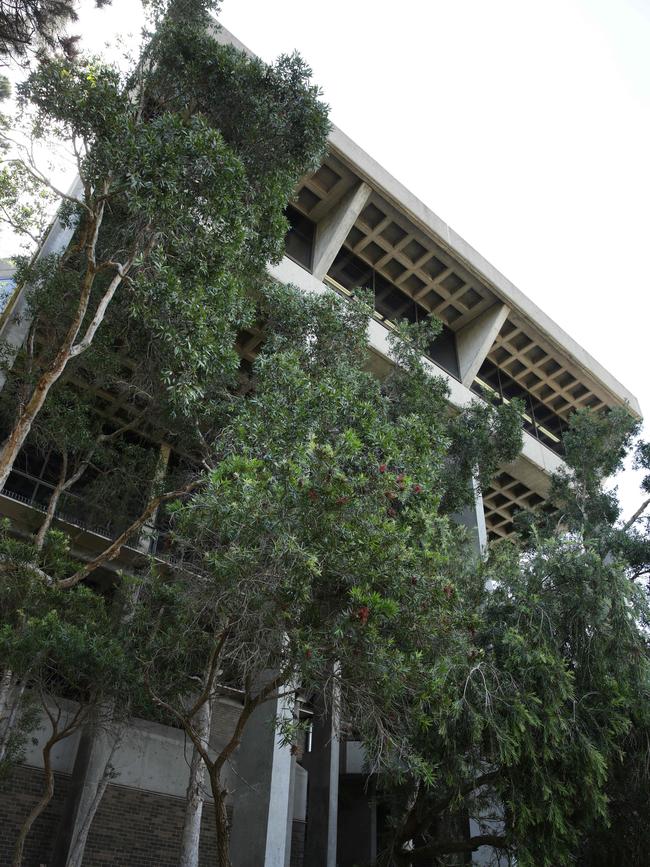
“It’s important to note that this exercise does not mean Council collects more rates. Where there is a proposed increase for one ratepayer, there is a decrease for another so the council’s bottom line remains the same due to the harmonisation process.”
To make the transition easier for rate payers, the council has advocated for the introduction of a gradual harmonisation process, which would ensure a 10 per cent cap on rates increases per year.
“In the COVID-19 economic climate in particular, we understand any increase may be difficult for ratepayers. It is why I have spent months advocating to the NSW Government to legislate for a gradual harmonisation process.
“No one wants to see ratepayers hit with sudden large increases, and the NSW Local Government Minister has been very receptive to this argument.
“We are confident gradual harmonisation will be put to the NSW parliament in the new year so it can be implemented next financial year, which is a great outcome.”
As part of this process the council is also taking the opportunity to harmonise the former three council area pensioner concession policies, stormwater charges and refining the hardship policy to include harmonisation.
The most generous approach has been recommended by the council where pensioners will be eligible to receive a $150 voluntary rates rebate and a $50.40 voluntary domestic waste management charge rebate.
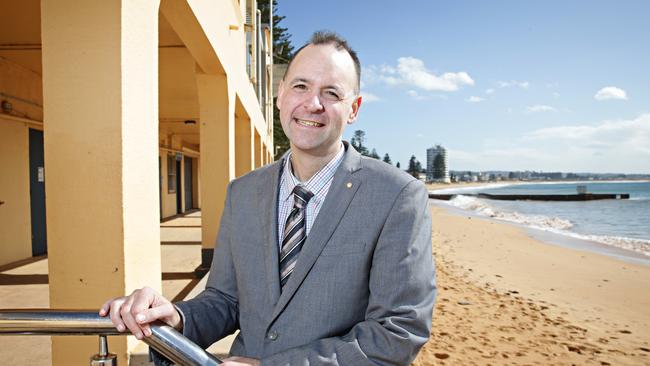
During the council meeting on Wednesday, councillors voted in favour of putting the rates harmonisation proposal on public exhibition.
But Cr Vincent De Luca voted against it, telling the Manly Daily it was “insensitive.”
“What this report that will go out on public exhibition shows are the promises to merge the northern beaches has failed,” Cr De Luca said at the meeting.
“You promised that rates would not go up, that has happened. You said the bureaucracy would be cut and there would be savings, that has not happened. And we’re receiving reports Warringah and Pittwater are not receiving the same services they were before.
“There is no way to sugar coat a continued rate increase. One councillor said it’s a mere 10 per cent. Well that is a huge amount to some people in our community. We must consider due to covid people have lost their jobs, their businesses are struggling. Is that fair and reasonable considering the economy today and the hardship that’s been sustained throughout our nation?”





